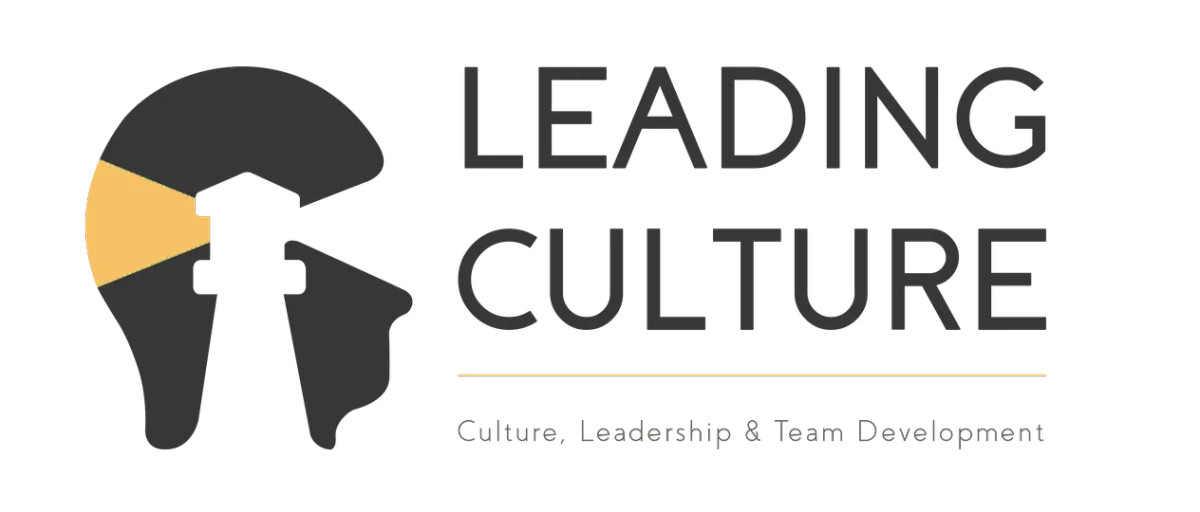
Why Culture Eats Strategy for Breakfast
Why Culture Eats Strategy for Breakfast: The Real Secret to Business Success
We’ve all heard the phrase "Culture eats strategy for breakfast." This powerful statement by management guru Peter Drucker underscores a crucial reality in business: no matter how brilliant your strategic plan is, success hinges on the culture within your organization.
Let’s define culture
In a business context, culture refers to the shared values, beliefs, and practices that shape how employees interact and work. It’s the invisible force that drives behavior, decision-making, and ultimately, company performance. Put simply, it’s how we do things around here.
Imagine culture as the soil in which a company’s strategies are planted. Without fertile soil, even the best seeds won’t grow. A positive, supportive culture nurtures strategies, allowing them to flourish and bear fruit. Conversely, a toxic culture can stifle growth and derail even the most meticulously planned strategies.
Strategy: The Blueprint
Strategy, on the other hand, is the blueprint for achieving a future state. It’s the game plan that outlines where the company wants to go and what it will do to get there. A sound strategy is essential, but without the right cultural foundation, it can quickly become an exercise in futility.
So, how good is your garden? Is the soil fertile and rich or has it soured over time? How well will your strategy survive?
The Culture-Strategy Symbiosis
For a company to truly thrive, culture and strategy must work hand in hand. But as Peter Drucker described, culture often takes the driver’s seat. This is because most organization rely on the following cultural outcomes for their success:
1. Engagement and Motivation: A positive culture boosts employee engagement and motivation. When people feel valued and part of something bigger than themselves, they’re more likely to go the extra mile. This level of commitment can turn a good strategy into a great one.
2. Adaptability: The business landscape is constantly changing. Companies with a strong, adaptable culture can pivot more easily in response to market shifts, customer needs, or unexpected challenges. A rigid strategy without a supportive culture can leave a company motionless in times of change.
3. Innovation: A culture that encourages creativity and risk-taking fosters innovation. When employees feel safe to share ideas without fear of ridicule or retribution, they’re more likely to propose the game-changing innovations that drive long-term success.
4. Retention: Employees don’t leave jobs; they leave toxic cultures. High turnover rates can derail strategic initiatives, as new employees need time to get up to speed. A healthy culture helps retain top talent, ensuring continuity and stability.
Building a Culture that Nurtures Strategy
So, how can you create a culture that supports and enhances your strategic goals? Here are a few tips:
1. Define and Communicate Values: Clearly define your company’s core values and expected behaviours and ensure they are communicated consistently across the organization.
2. Lead by Example: Leadership plays a crucial role in shaping culture. Leaders should embody the values and behaviors they wish to see in their teams. Remember, everything a leader does and doesn’t do sends a message to their people.
3. Recognize and Reward: Acknowledge and reward behaviors that align with your cultural values. By doing so you’ll reinforces the importance of values and motivates employees to uphold these standards.
4. Foster Open Communication: Encourage open and honest communication at all levels. This transparency builds trust and ensures everyone is aligned with the company’s direction.
5. Invest in Development: Provide opportunities for professional growth and development. When employees feel supported in their career aspirations, they’re more likely to contribute positively to the culture.
In the end, culture is the lifeblood of any organization. It’s the foundation upon which successful strategies are built. By cultivating a positive, supportive, and adaptive culture, you create an environment where strategies can thrive. Remember, you can’t plant a great strategy in toxic soil – not if you want growth to occur! So, focus on nurturing your culture, and watch as your strategies – and your business – grow to new heights.


